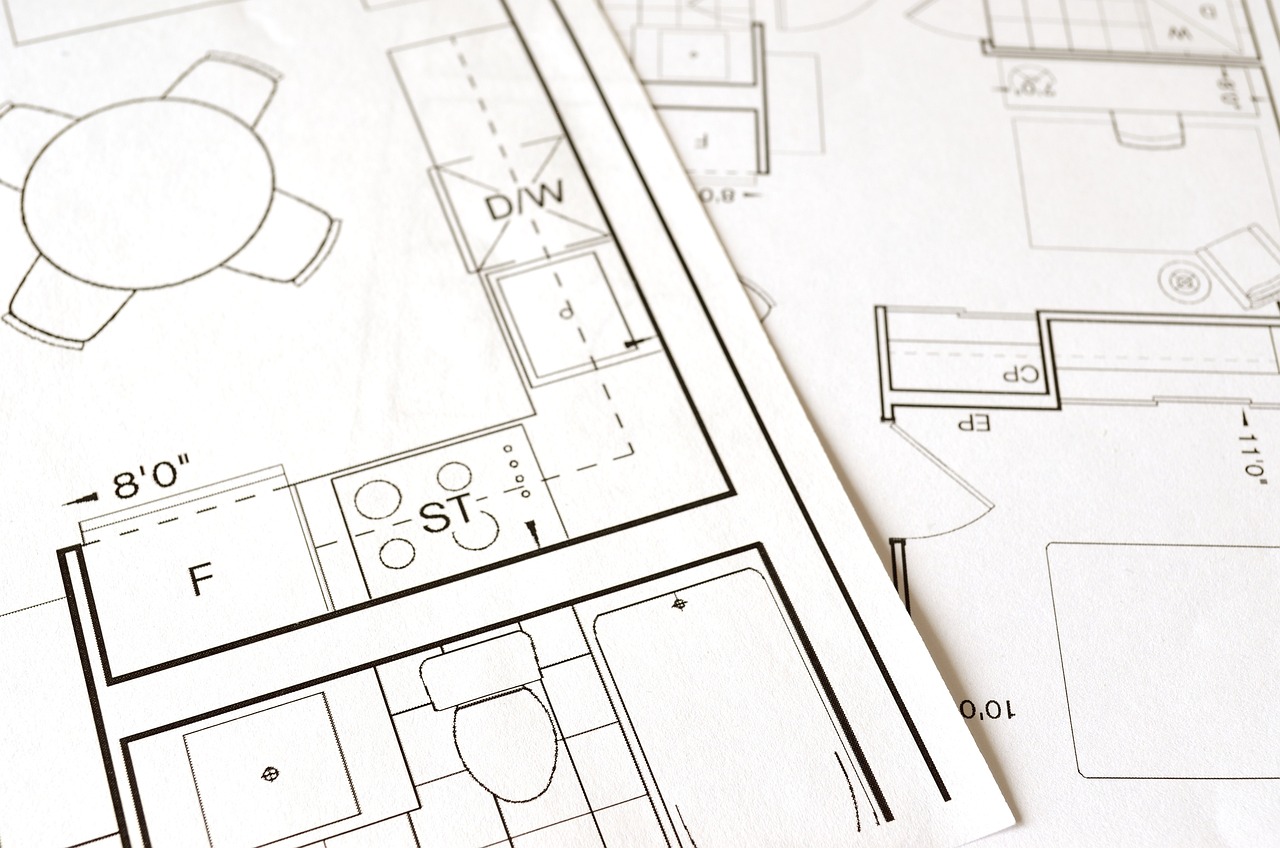Renovating your home can be an exciting and rewarding experience. Whether you’re planning to update a single room or give your entire house a makeover, it’s important to be well-prepared before diving into any renovation project.
1. Set a Realistic Budget
The first step in any successful home renovation is setting a realistic budget. Determine how much you are willing to spend on the project and allocate funds accordingly. It’s crucial to consider all expenses, including materials, labor costs, permits, and unexpected contingencies.
For example, if you plan to renovate your kitchen, research the average cost of similar projects in your area. Take into account factors such as the size of your kitchen, desired materials for countertops and cabinets, and any additional features like appliances or lighting fixtures.
- Create a detailed list of all necessary items and their estimated costs.
- Add an extra 10-20% buffer for unexpected expenses.
- Consult with contractors or interior designers for professional advice on budgeting.
2. Research Contractors Thoroughly
Hiring the right contractor is vital for the success of your renovation project. Take time to research potential contractors thoroughly before making a decision.
- Ask for recommendations from friends or family who have recently completed renovations.
- Gather multiple quotes from different contractors to compare prices and services offered.
- Check online reviews and ratings to gauge the reputation and reliability of each contractor.
Remember, a well-qualified and experienced contractor will ensure that your project is completed on time, within budget, and up to your expectations.
3. Plan Ahead for Temporary Living Arrangements
Depending on the scope of your renovation, you may need to make temporary living arrangements during the construction phase. This is especially true for extensive renovations that involve multiple rooms or major structural changes.
If possible, consider staying with family or friends, renting a short-term apartment, or budgeting for accommodation expenses in your overall renovation plan. Planning ahead for temporary living arrangements will minimize stress and disruption during the renovation process.
4. Obtain Necessary Permits
Before starting any significant home renovations, it’s essential to check if you require permits from local authorities. Many remodeling projects such as adding square footage, altering electrical wiring or plumbing systems, or making structural changes typically require permits.
Contact your local building department to inquire about necessary permits and regulations specific to your area. Failure to obtain proper permits can result in costly fines and delays in completing your project.
5. Consider Energy Efficiency Upgrades
Incorporating energy-efficient upgrades into your home renovation not only benefits the environment but also saves you money in the long run. Consider these energy-saving options:
- Install energy-efficient windows to reduce heating and cooling costs.
- Add insulation to walls and ceilings for improved temperature regulation.
- Upgrade appliances with ENERGY STAR® certified models for lower electricity usage.
- Incorporate LED lighting fixtures throughout your home for reduced energy consumption.
6. Prepare for Unexpected Delays
Home renovations often come with unexpected delays and challenges. It’s crucial to be mentally prepared for potential setbacks that may extend the project timeline.
Factors such as weather conditions, supply chain disruptions, or unforeseen issues discovered during demolition can all contribute to delays in completing your renovation.
Having a flexible mindset and building some buffer time into your schedule will help you navigate these unexpected obstacles more effectively.
7. Communicate Clearly with Your Contractor
Effective communication with your contractor is key to ensuring that your vision is translated into reality. Clearly communicate your expectations, preferences, and any specific details you want to incorporate in the renovation.
- Create a detailed scope of work document outlining all aspects of the project.
- Schedule regular meetings with your contractor to discuss progress and address any concerns promptly.
- Maintain an open line of communication throughout the entire renovation process.
Renovating your home can be a transformative experience if approached with careful planning and consideration.
By setting a realistic budget, researching contractors thoroughly, planning for temporary living arrangements, obtaining necessary permits, considering energy efficiency upgrades, preparing for unexpected delays, and communicating clearly with your contractor, you’ll be well-prepared to embark on a successful home renovation journey!






